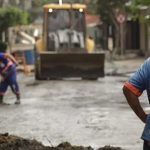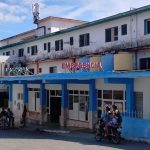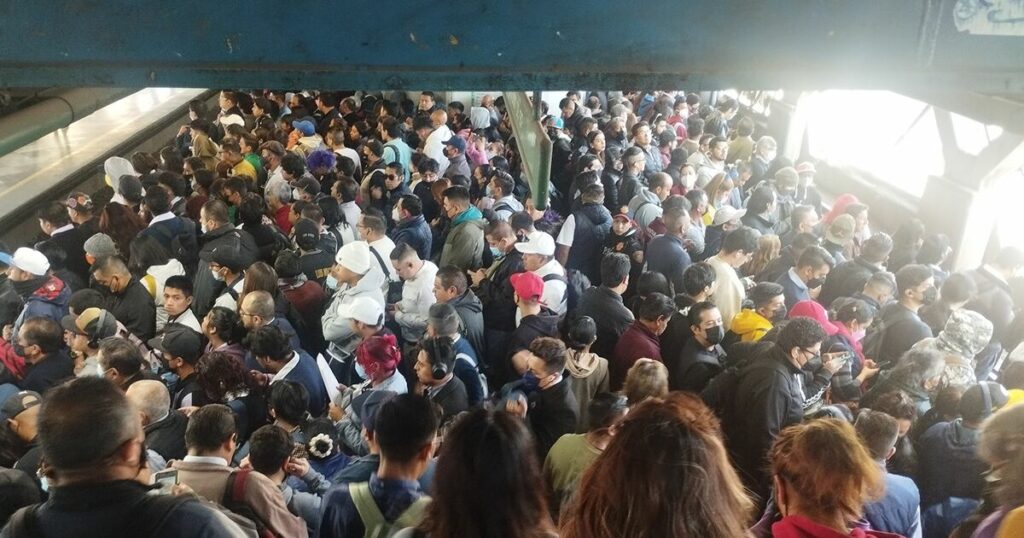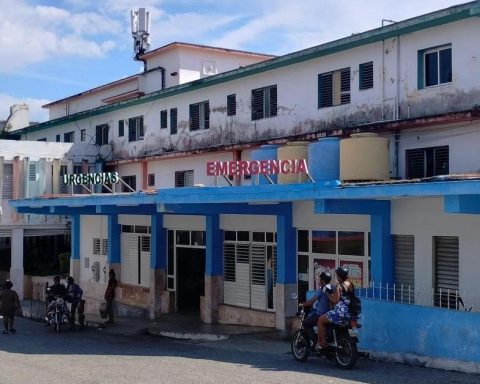Every month, Antón Martínez sets aside $200 of his salary as a dishwasher in the United States to send to his mother in Nicaragua.
Martínez, 38, wishes it was more, but is still trying to find a place in his new country and pay off his immigration debt.
His monthly contribution to the family was part of a 50% increase in remittances to Nicaragua in 2022, a massive jump that analysts attribute to the thousands of Nicaraguans who immigrated to the United States in the past two years.
That migration has occurred as the government of Daniel Ortega has intensified the repression of opposition voices since the beginning of 2021. In addition, high global inflation hits the purchasing power of families and employment opportunities remain limited in the Central American country.
This surge of Nicaraguan migrants to the United States was partly why the Joe Biden administration announced in January that it would start turning them away at the border if they did not first register online to make asylum claims.
Since then, their number has dropped precipitously.
But Martínez, who arrived at the end of 2021, and others who are already there are keeping Nicaragua’s economy afloat with the more than 3.2 billion dollars they sent to their country last year.
This enormous increase “can only be explained by the disproportionate increase in emigrants,” Nicaraguan economist Enrique Sáenz told the AP.
Emigration “has become (Ortega’s) main macroeconomic policy and his main social policy,” he added.
Ortega’s increasingly authoritarian government has faced sanctions from the United States and Europe, but the measures have been directed at his inner circle and members of his administration to avoid adding further economic hardship to the average Nicaraguan.
Still, in the fiscal year that ended last September, US authorities recorded more than 163,000 encounters with Nicaraguans at the border, more than triple the number in 2021. Encounters peaked in December, with more than 35,000 and then they plummeted to 3,377 in January.
The reasons range from the lack of economic opportunities to the direct persecution of political opponents and dissenting voices. Ortega violently crushed the social protests since April 2018 and increased the repression in 2021, before the elections in which he was re-elected for a fourth term, without any real adversary.
Earlier this month, the Sandinista government put 222 released opponents on a plane to Washington, saying it was returning “terrorists” and “mercenaries” to their foreign patron.
Until 2022, Costa Rica had been the main destination for Nicaraguans in recent years. But the small neighboring country’s asylum system is overwhelmed, the wait has now dragged on for years and its economy has struggled to recover from the COVID-19 pandemic.
Costa Rican President Rodrigo Chaves in December tightened the generous asylum system, arguing that economic immigrants were abusing it.
These factors made the United States a more attractive destination despite the distance. Ortega has blamed the emigration on Washington sanctions.
In the case of Martínez, he left because he had participated in the 2018 protests and feared being arrested at any moment. “I miss my mother and I love Nicaragua, but there was nothing else to do. It was either go or go to jail at some point, ”he said.
Many others came to the same decision.
The Nicaraguan government published data that revealed that between September 17 and October 7, 2022, 20,192 new passports had been issued. In the capital, residents camped out on the sidewalks just to get one of the limited numbers to process a passport application.
Sabrina Gazol Moncada, a 28-year-old university student who had to drop out to look for work, left Nicaragua in October, a month after her husband also traveled “wet” to the United States.
“It’s a really difficult decision to make because ultimately you are leaving your country, your family, the people who support you and love you,” he told the AP.
Gazol moved north on buses, on foot and in cargo vans with about 200 other people. After three weeks of an often tough and terrifying journey through Central America and Mexico, he crossed the Rio Grande River near Eagle Pass, Texas, turned himself in to Border Patrol and began his asylum application process.
In Nicaragua, “people who are not with the Ortega regime are threatened and persecuted, there is no freedom of expression,” he said.
He has not been able to send money home since he arrived in the United States because he is still waiting for permission to work while he files for asylum.
“In Nicaragua, the government does what it wants and everyone is looking for a way out,” he said. “In the end, Nicaragua is going to be left without young people, it is going to be a ghost country.”
Connect with the Voice of America! Subscribe to our channel Youtube and activate notifications, or follow us on social networks: Facebook, Twitter and Instagram.

















